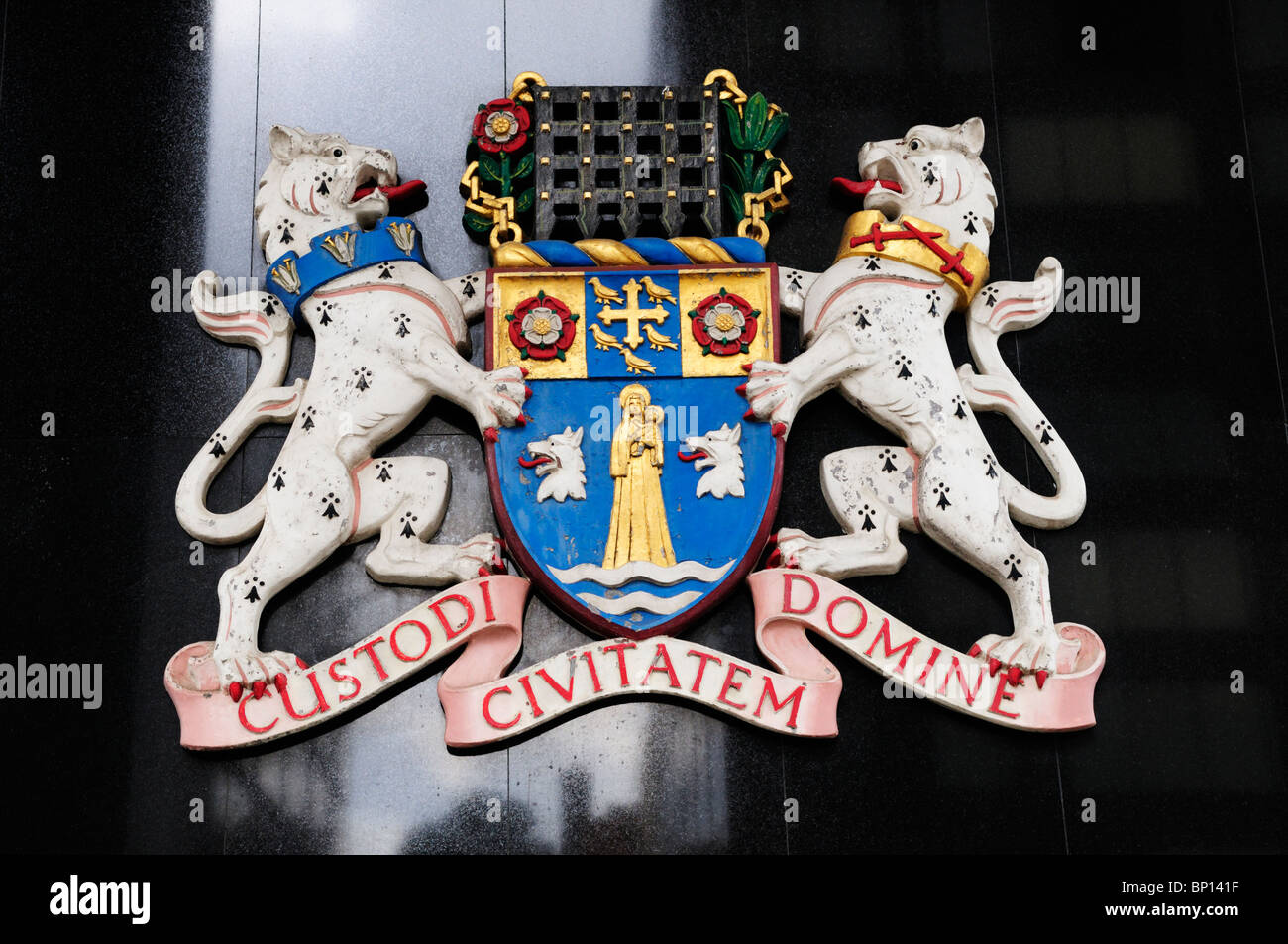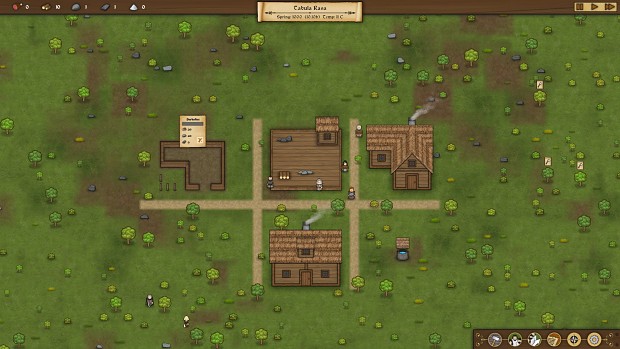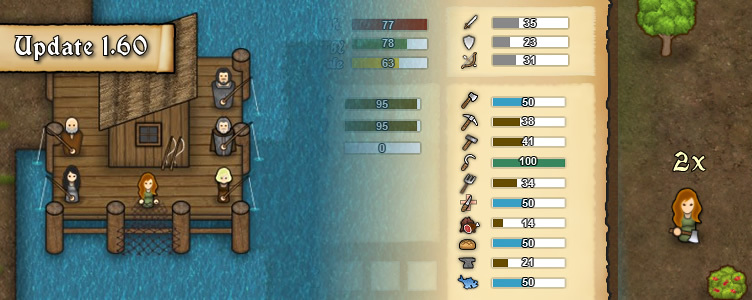


On "the Lord gives" in verse 2, the Midrash explains that God "gives" life in the world to come to the wives of Torah scholars because they deprive themselves of sleep to support their husbands. On the watchmen of the city mentioned in verse 1, Rabbi Hiyya, Rabbi Yosi, and Rabbi Ammi said, "The watchmen of the city are the teachers of Scripture and instructors of Oral Law". The Midrash Tehillim interprets the opening verses of the psalm as referring to teachers and students of Torah. Spurgeon also quotes the English preacher Henry Smith (1560–1591): "Well doth David call children 'arrows' for if they be well bred, they shoot at their parents' enemies and if they be evil bred, they shoot at their parents". Sons, who are in the Hebrew called "builders", are set forth as building up families under the same divine blessing, to the great honour and happiness of their parents. We are here taught that builders of houses and cities, systems and fortunes, empires and churches all labour in vain without the Lord but under the divine favour they enjoy perfect rest. Themes Ĭharles Spurgeon calls Psalm 127 "The Builder's Psalm", noting the similarity between the Hebrew words for sons ( banim) and builders ( bonim). Isaac Gottlieb of Bar Ilan University suggests that the reference in verse 2 to "his beloved" ( yedido) "recalls Solomon's other name, Yedidiah".

The Authorized Version describes the psalm as "a Song of degrees for Solomon", and Wycliffe's translators recognised both options. The psalm's superscription calls it "of Solomon", but Christian theologian Albert Barnes noted that "in the Syriac Version, the title is, "From the Psalms of the Ascent spoken by David concerning Solomon it was spoken also of Haggai and Zechariah, who urged the rebuilding of the Temple". According to Radak, verses 3–5, which reference "sons", express David's feelings about his son Solomon according to Rashi, these verses refer to the students of a Torah scholar, who are called his "sons".
CIVITATEM TRAINER FULL
Happy is the man that hath his quiver full of them: they shall not be ashamed, but they shall speak with the enemies in the gate.Īccording to Jewish tradition, Psalm 127 was written by David and dedicated to his son Solomon, who would build the First Temple.As arrows are in the hand of a mighty man so are children of the youth.Lo, children are an heritage of the L ORD: and the fruit of the womb is his reward.It is vain for you to rise up early, to sit up late, to eat the bread of sorrows: for so he giveth his beloved sleep.Except the L ORD build the house, they labour in vain that build it: except the L ORD keep the city, the watchman waketh but in vain.Text Hebrew Bible version įollowing is the Hebrew text of Psalm 127: Composers such as Adam Gumpelzhaimer and Heinrich Schütz set the German "Wo Gott zum Haus". The Vulgate text Nisi Dominus was set to music numerous times during the Renaissance and Baroque periods, often as part of vespers, including Claudio Monteverdi's ten-part setting as part of his 1610 Vespro della Beata Vergine, Marc-Antoine Charpentier, (3 sets), H 150, H 160, H 231, Handel's Nisi Dominus (1707) and two settings by Antonio Vivaldi. The psalm forms a regular part of Jewish, Catholic, Lutheran, Anglican and other Protestant liturgies. The remaining three verses describe progeny as God's blessing. The first two express the notion that "without God, all is in vain", popularly summarized in Latin in the motto Nisi Dominus Frustra. In the slightly different numbering system used in the Greek Septuagint and the Latin Vulgate, this psalm is Psalm 126. It is one of 15 " Songs of Ascents" and the only one among them attributed to Solomon rather than David. In Latin, it is known by the incipit of its first 2 words, "Nisi Dominus". Psalm 127 is the 127th psalm of the Book of Psalms, beginning in English in the King James Version: "Except the Lord build the house".


 0 kommentar(er)
0 kommentar(er)
